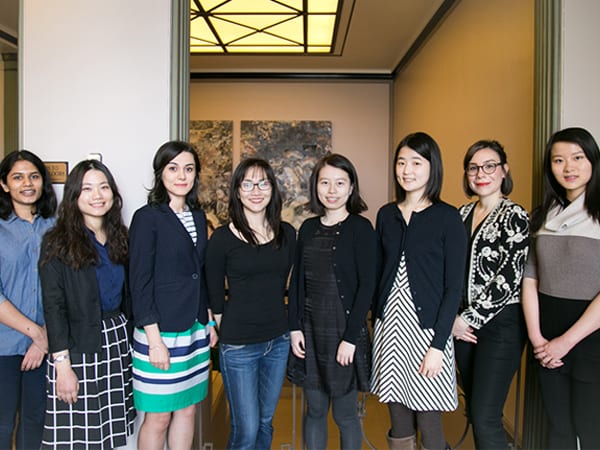On March 28, 2017, eight graduate students joined the Barbour Scholar community. The new cohort, accompanied by their faculty advisors and several Barbour alumnae, celebrated their inclusion into this prestigious group and shared their research interests over lunch. The annual event, designed to welcome the newest class of scholars, is inspired by a long tradition of community gatherings and engagement that emerged in the early years of the scholarship. This year, the luncheon also marks the first major event in a series to celebrate the Barbour Scholarship Centennial.
Throughout 2017, Rackham will commemorate one hundred years of the Barbour Scholarship and its legacy of global engagement, innovation, and opportunity at the University of Michigan. Like their predecessors, today’s scholars continue to tackle major issues across policy, education, public health, medicine, engineering, and many other fields, in the midst of modern challenges. As a U-M faculty member noted many years ago, “The obstacles change, but the calibre of the scholars does not. What more could Levi Lewis Barbour have wished?”
Rackham is proud to welcome these eight incredible students into the prestigious Barbour Scholar community:
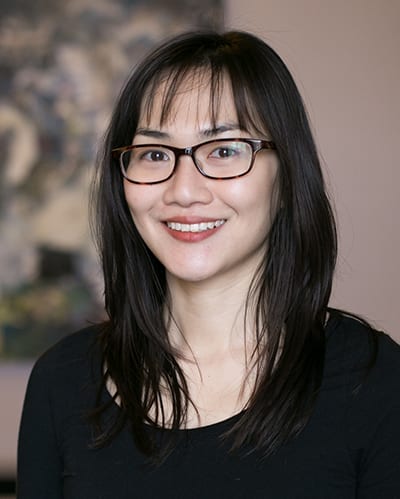
Tiffany Chuang
Tiffany Chuang May (Singapore) is a Ph.D. student in Sociology who studies public housing in Singapore. Because more than 80% of Singaporeans live in government-built high-rise apartments, public housing is an important site of social, economic, and political development. Singapore’s national public housing project is hailed as a rare success story and a testament to good government planning, but much less is known about the daily realities of life within public housing estates. Tiffany’s dissertation explores the interactions between various social actors within public housing neighborhoods such as government agencies, non-government agencies, grassroots groups, voluntary associations, and of course, ordinary residents. Tiffany hopes that her research will be relevant to scholars and policy makers.
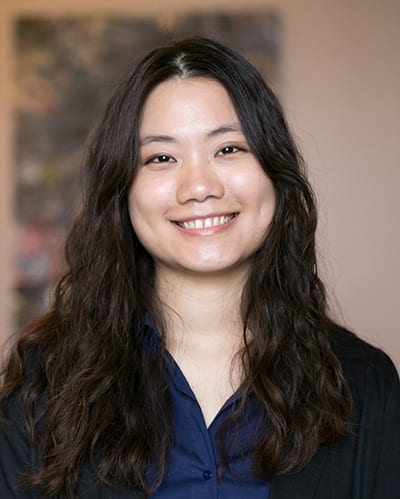
Yvonne (I-Uen) Hsu
I-Uen (Yvonne) Hsu (Taiwan) is a Ph.D. student in Molecular, Cellular and Developmental Biology. She studies genes in the brain that regulate animal behaviors and investigates the mechanisms underlying the regulation by employing a strategy that examines several different organisms with a combination of molecular, cellular, genetic and behavioral tools. She believes that by understanding how genes in the neuron control behaviors, treatments for brain disorders can be found. She looks forward to devoting herself to the advancement of neuroscience for the ultimate benefit and well-being of humankind.
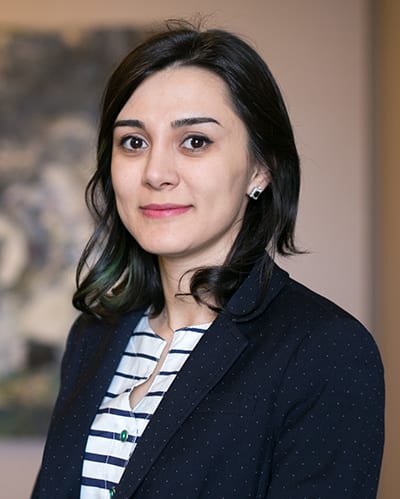
Mina Jafari
Mina Jafari (Iran) is a doctoral student in Chemistry. Her research seeks to develop and validate methods that provide new scientific understanding of chemical processes with high efficiency in collaboration with scientists from Intel Corporation and Applied Materials, Inc. to ensure the developed methods are practical for real-world industrial applications. She has examined the functionality of the surface growing string method and applied it to an industrial process (synthesizing copper diffusion barriers). Her ongoing research involves implementing a reaction discovery tool (ZStruct) and using it to screen a pool of precursors for diffusion barrier synthesis.
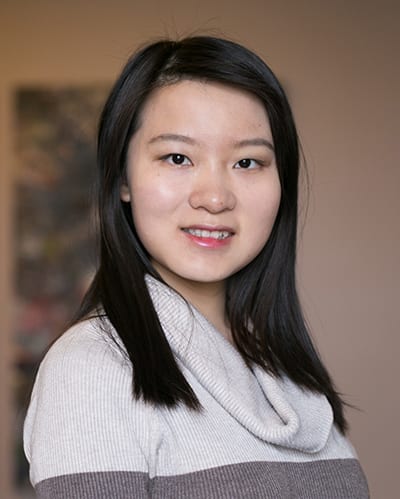
Lianli Liu
Lianli Liu (China) is a doctoral student in Electrical Engineering. Her research focuses on optimizing magnetic resonance imaging (MRI) for radiotherapy. Interest is emerging in MRI-guided radiotherapy as it provides excellent soft tissue contrast for tumor delineation. However, it lacks direct relationship with electron density, which is essential for radiation dose evaluation. She is developing algorithms to extract electron density information from MRI, by analyzing both intensity features of MR images, as well as shape features of organs presented in MR images, such as the pelvic bone. The electron density maps generated using MRI show sufficient accuracy in radiation dose calculation, and has the potential in supporting MRI-guided radiotherapy.
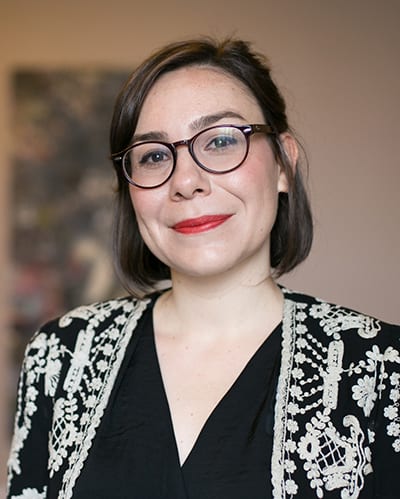
Ozge Savas
Özge Savaş (Turkey) is a Ph.D. candidate in Psychology and Women’s Studies. Her dissertation focuses on the narratives of displacement and the experience of being a refugee. Refugees are portrayed and understood as those who disrupt and exist outside of established political, legal, and social orders, while most of the time it is the social order, policies and regulations that fail them. Through in-depth interviews with those resettled within the last year and those resettled three to five years ago in Southeast Michigan, she will examine the ways in which refugee women adapt to the country of refuge with a special focus on how things change over time. In particular, she is interested in how women negotiate their gender and ethnic identities in a new environment, and how they are affected by certain policies and regulations, as well as social attitudes.
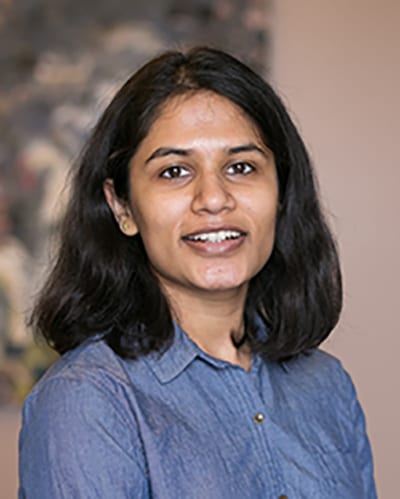
Arushi Varshney
Arushi Varshney (India) is a Ph.D. candidate in Human Genetics. Her research focus is to better understand how predisposition to type 2 diabetes (T2D) is encoded in our genome. The majority of genetic variants associated with T2D do not directly affect protein function, but likely orchestrate disease mechanisms by regulating gene expression in disease-relevant tissues. Arushi uses computational and functional genomics approaches to understand the gene regulatory mechanisms of T2D associated variants. Gaining relevant experience, she plans to contribute to complex disease research in India.
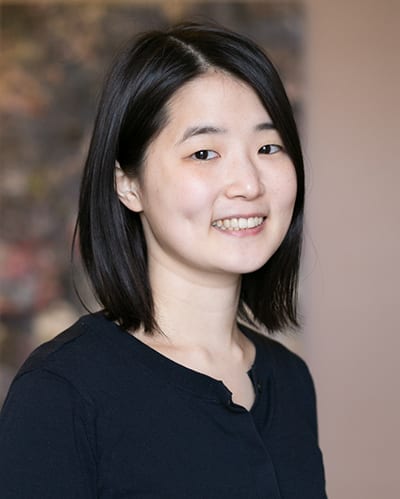
Pinghui Wu
Pinghui Wu (Taiwan) is a Ph.D. student in Social Work and Economics. Tentatively titled “Job opportunity, mobility, and the adjustment paths for import-competing workers,” Pinghui’s dissertation research seeks to identify the barriers to mobility for disadvantaged workers who have lost their jobs due to the competition of imported goods from low-wage countries. While previous research has shown that low mobility is a major cause for long-term income loss for these workers, the exact factors contributing to their low mobility are yet to be identified, both geographically and sectorally. The paper would be the first to consider and model how local industrial composition constrains the job-switching behavior of import-competing workers, and to quantify the factors contributing to the barriers to their mobility and to outline concrete policy implications for the current Trade Adjustment Assistance program to re-connect workers with economic opportunities.
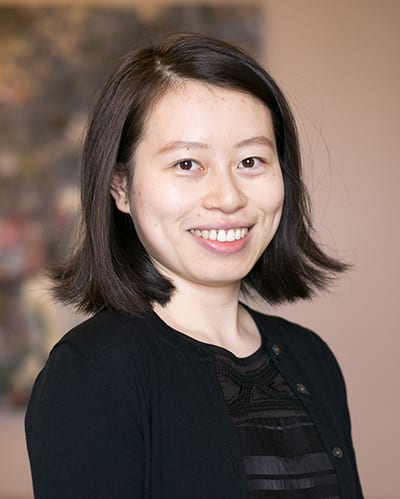
Yinyin Ye
Yinyin Ye (China) is a Ph.D. student in Environmental Engineering. Her research focuses on the control of emerging enveloped viruses in water environment. Enveloped viruses are responsible for a number of high-profile outbreaks of viral diseases, such as severe acute respiratory syndrome (SARS), Middle East respiratory syndrome (MERS), avian influenza H7N9, Ebola and Zika. Although water transmission is rarely considered for enveloped viruses, SARS coronavirus and influenza virus are shed from infected people and animals, and can survive long periods of time in water environments. Her research goals include: 1) understanding the survivability and fate of enveloped viruses in wastewater, 2) developing a method for recovering and detecting infectious enveloped viruses from wastewater, and 3) investigating the mechanisms of enveloped virus inactivation in water.

